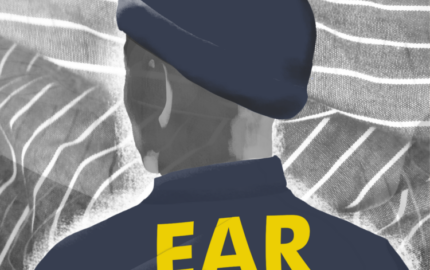Rakan is a 12-year-old who, through extraordinary intervention by several powerful men, is flown to an American hospital from Iraq following the death of his parents and his own injury from American fire. It's a compelling tale. We liked the characterization of Rakan, who comes across as both lovable and bitter, innocent and wise. We liked the efficient pace, the clear scenes, the engaging and honest portraits of many of the characters, and the cinematic ending.
Here's a frustration we felt as we read: The piece alludes to Rakan's anger several times—for example, he says he wants to blow up the city of Boston, where he has been treated. This is one of several unexplored moments—and Cullen does write explicitly of not knowing the full picture of Rakan's inner life—that left us with questions we wish had been explored more. Rakan's story seems like an opportunity to use narrative to further readers' understanding of Iraqis. Here's Rakan, a member of this poor, Muslim, occupied country, alone in the rich occupier country, whose army killed his parents. We expect that his experience in the hospital was not just a personal, emotional response to being far from his family and losing his parents. We expect he may have had a political and moral reaction to his experience, too. What was he thinking about America? These issues seem skirted in the story, and we think that's a shame. Exploring them might have deepened the piece and our understanding of Iraqi perspectives.
Read “Rakan's War,” by Kevin Cullen
Here's a frustration we felt as we read: The piece alludes to Rakan's anger several times—for example, he says he wants to blow up the city of Boston, where he has been treated. This is one of several unexplored moments—and Cullen does write explicitly of not knowing the full picture of Rakan's inner life—that left us with questions we wish had been explored more. Rakan's story seems like an opportunity to use narrative to further readers' understanding of Iraqis. Here's Rakan, a member of this poor, Muslim, occupied country, alone in the rich occupier country, whose army killed his parents. We expect that his experience in the hospital was not just a personal, emotional response to being far from his family and losing his parents. We expect he may have had a political and moral reaction to his experience, too. What was he thinking about America? These issues seem skirted in the story, and we think that's a shame. Exploring them might have deepened the piece and our understanding of Iraqi perspectives.
Read “Rakan's War,” by Kevin Cullen


